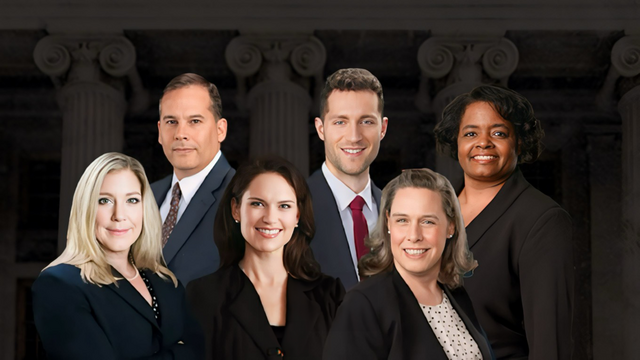Fairfax Civil Protection Orders
A civil protective order is an order that can limit one person to stay away from another person. Often a civil protection order will contain very specific details about what is and is not allowed. In most cases, the protective order simply says, “No contact of any kind,” and it includes contact through third parties, email, text, and chat. Every mode that is available to communicate is forbidden between the two people. Additionally, the person will have a geographic limitation. They are not allowed to share the home, for example. They are not allowed, in some cases, to go near the petitioner. They cannot have any contact with that person of any kind. If you are being faced with a civil protective order, it is vital that you consult with a Fairfax domestic violence attorney for assistance, as these orders can have a drastic and negative effect on your life.
Issuing a Civil Protection Order
A civil protective order can be issued in the form of a preliminary protective order upon the sworn statement of the persons taking the order. At that point, the court will set a hearing to determine the merits of the allegations made in the appropriate statement, and will evaluate whether or not to extend the protective order to a period of two years.
Requirements
If an individual has a protective order filed against them, they can be required to do a number of things, including surrender possession of a shared residence. In some cases, there might be provisions whereby a person would be granted permission to collect their belongings; arrangements are made by a third party with the petitioner. In all protective order cases, a person has to remember that they are not to contact the petitioner for that order in any way. Doing so constitutes a criminal charge.
Good Cause
The judicial officer who initially issues the preliminary protective order must find within the sworn statement of the person taking the order that good cause exists to issue that order. Good cause can entail the allegation of an assault, perhaps a threat of an assault, stalking, or telephone harassment. A number of different scenarios can constitute good cause, all of which would lead to the judicial intake officer issuing a preliminary protective order.
Length of a Civil Protection Order
Preliminary protective orders last for up to two weeks or until there is a hearing on the matter. If granted, a protective order that is considered not the preliminary protective order lasts for up to two years.
The only way that any change could be made to a protective order that has been extended for two years is if the original petitioner asks the court to change the terms of it or to eliminate it altogether.
Effect on Criminal Charges
Generally, what happens on the civil side of things has little impact on what happens on the criminal side of things. The threshold for evidence in a civil matter is whether or not petitioners prove their case by a preponderance of the evidence, which is a mere tipping of the judicial scale.
In a criminal case, the government must prove beyond all reasonable doubt that the person committed the specific assault alleged by the petitioner. Since the standards of evidence are much lower in civil court, often what happens on the civil side rarely affects a criminal case.
Effect of a Civil Protection Order on a Criminal Case
A civil protection order is acquired by the alleged victim of a domestic assault. It is civil in nature, which means that there are no criminal liabilities. As such, a hearing for the civil protective order can take place while the criminal charge is still pending. In cases like that, the court is often encouraged to suspend the hearing for the civil protective order until the date of the criminal trial. That way the person who is the respondent of the civil order and also the defendant in the criminal case cannot be compelled to testify in the civil hearing before the criminal hearing takes place.




